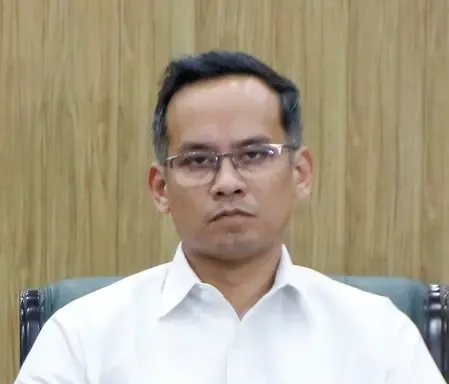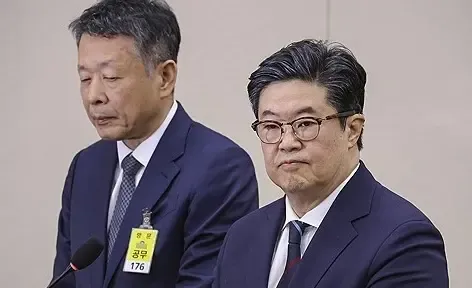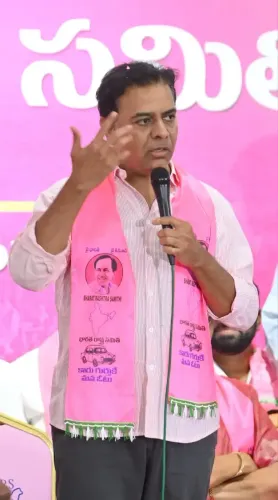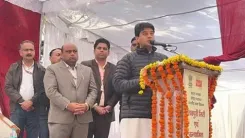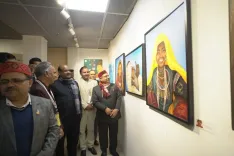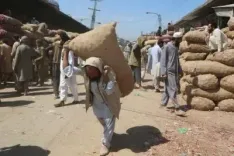Did the IMF Inquire About Elections Before Approving New Loan Tranches for Bangladesh?
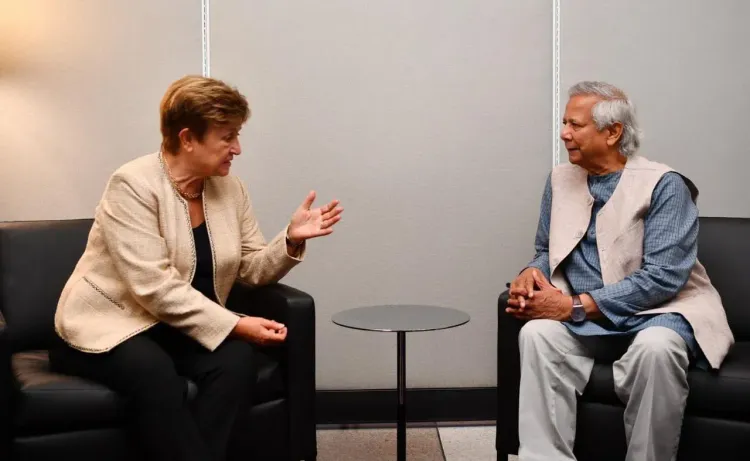
Synopsis
Key Takeaways
- IMF demands clarity on election dates before loan release.
- Bangladesh to receive approximately $1.34 billion from the IMF.
- Political unrest has led to economic challenges.
- Urgent reforms are necessary for economic stability.
- Focus on governance and data quality is essential.
Dhaka, June 25 (NationPress) Salehuddin Ahmed, the Finance Advisor for Bangladesh's interim government, revealed on Wednesday that the International Monetary Fund (IMF) requested details regarding the date of the forthcoming national elections before proceeding with the disbursement of the fourth and fifth loan tranches.
The IMF's executive board has recently sanctioned the long-awaited fourth and fifth tranches of the loan, allowing Bangladesh to receive approximately $1.34 billion from a total loan program of $4.7 billion.
Reports indicate that the IMF suspended the fourth tranche, initially scheduled for release in December, due to unmet conditions stemming from escalating political unrest and economic anxieties following the fall of the Awami League government in August 2024.
“Everyone, including the IMF, is pleased that an election date has been declared. The IMF inquired if the election would occur in February. They are curious about this. We confirmed that it would [take place in February],” said Salehuddin Ahmed, as reported by the Bangladeshi media outlet Bdnews 24.
In the previous year, the IMF had disbursed $1.15 billion, contributing a total of $2.31 billion to Bangladesh in the first three tranches.
Upon the release of the fourth and fifth loan installments on Monday, the IMF noted that the economic outlook for Bangladesh has deteriorated during Muhammad Yunus' interim government, primarily due to ongoing political instability, a stringent policy mix, increasing trade barriers, and heightened pressures within the banking sector.
“Financial sector policies must focus on maintaining stability and addressing rising vulnerabilities. An urgent priority is to develop a comprehensive, sequenced strategy to guide reforms, followed by the prompt implementation of new legal frameworks to facilitate orderly bank restructuring while safeguarding small depositors,” stated the IMF.
“Sustained structural reforms are crucial for Bangladesh to realize its ambition of attaining upper-middle-income status. Key areas of focus include diversifying exports, attracting more foreign direct investment, enhancing governance, and improving data quality,” they added.
The interim government led by Yunus, already grappling with significant political and security challenges, has faced intense criticism from its stakeholders for not executing the promised economic reforms in the tumultuous nation.
Analysts believe that Bangladesh's economy continues to experience substantial challenges amid widespread unrest since August 2024, with the business sector grappling with a significant liquidity crisis and numerous commercial and industrial entities shutting down.


